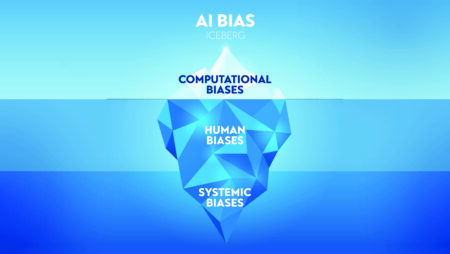Overview
Algorithmic bias refers to the uneven treatment of different social groups by an algorithm, often along the lines of race, gender, and class. In the context of algorithmic predictions, where models inform real-world decisions, algorithmic bias can have significant societal implications. Some of the most pivotal and worrying examples come from crime risk prediction, where algorithms are often found to overestimate the likelihood of (re)committing a crime for racial minorities.
This project focuses on the enforcement bias captured in the crime prediction algorithm developed by Rotaru et al. (2022) in Chicago. Through interviews with the researchers, government agencies, policymakers, community organizations and affected communities involved with the Chicago Crime Prediction Algorithm, this project seeks to examine the extent to which this bias can function as a device or an instrument for social critique. Specifically, I focus on how the evidence that this bias carries can serve affected communities to expose existing disparities, denounce their mistreatment and challenge the use of these tools in the first place.
Photo:
Image by Emily Rand / © LOTI / Better Images of AI / AI City / CC-BY 4.0




